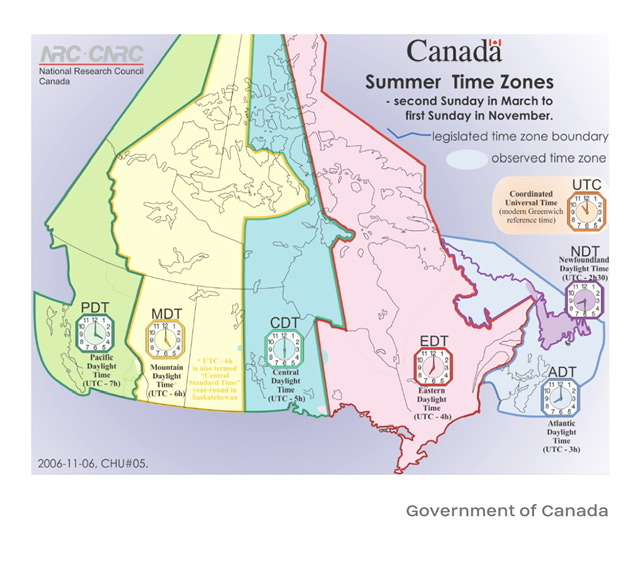Love it or hate it, the ritual of changing our clocks to Daylight Saving Time is coming at 2 a.m. Sunday, March 14th.
You need to keep in mind that before you go to bed you’ll be losing an hour of time as the clocks “spring forward”.
The change results in darker mornings and longer daylight meaning the evenings are a bit brighter.
“Daylight Saving Time, or losing 1 hour of sleep leads people to sleep about 40 minutes less than they usually would,” says Dr. Erica L. Carleton, Assistant Professor at the University of Saskatchewan.
“This has negative consequences on our cognitive, physiological and emotional functioning, with research demonstrating negative outcomes such as greater risk for injuries and severity of injuries at work the Monday following Daylight Saving Time,” says Carleton.
The cause of many accidents and harmful injuries occur following the change in time.
The Statistics Canada website show in 2019, that Daylight Saving Time caused a spike in car accidents. A study in Science Daily found there to be a six percent increase in crashes in the United States alone following the time change.

This complicated issue of changing clocks ahead creates grogginess feeling for the next few days. A recent Swedish study finds that “having a heart attack increases in the first three weekdays after switching to DST in the spring.” And a Danish study found the time change can increase depression by eleven percent.
Even though most Canadian provinces practice Daylight Savings Saskatchewan uses the same standard time year round.
